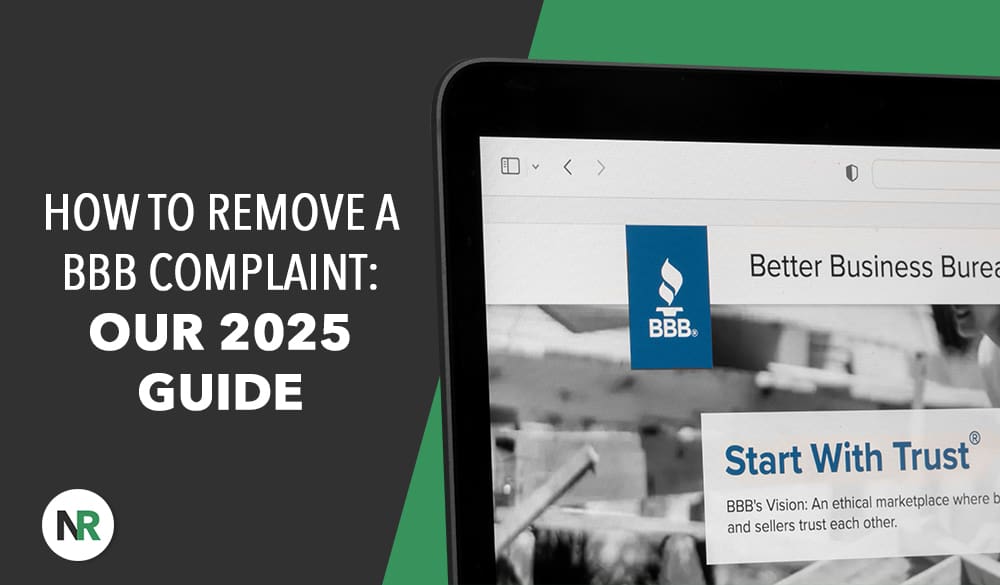The Consumer Rights Act 2015 is one of the most important laws protecting consumers in the United Kingdom. It brought together several older consumer protection laws into one clear and modern framework, making it easier for people to understand their rights when buying goods, services, or digital content. Whether you shop online, in-store, or purchase subscriptions and downloads, this Act plays a central role in ensuring fair treatment and legal protection.
Designed to reflect modern buying habits, the Consumer Rights Act 2015 addresses issues linked to online shopping, digital products, and service-based contracts. It clearly sets out what consumers can expect from traders and explains the remedies available when something goes wrong. Understanding how this law works allows consumers to take confident action if they receive faulty goods, poor services, or misleading digital content.
What the Consumer Rights Act 2015 Covers
The Consumer Rights Act 2015 applies to transactions between consumers and traders. A consumer is defined as an individual buying for personal use, while a trader is a business acting in the course of trade or profession. This distinction is crucial because the law is designed to protect individuals rather than businesses entering commercial contracts.
The Act covers three main areas: goods, services, and digital content. Each area has its own standards and remedies, but all are based on the principle that consumers should receive what they were promised. By unifying these protections under one law, the Consumer Rights Act 2015 removes confusion and provides a consistent legal foundation across different types of purchases.
Rights for Goods Under the Consumer Rights Act 2015
When purchasing goods, the Consumer Rights Act 2015 requires that all items must be of satisfactory quality, fit for purpose, and as described. Satisfactory quality means that goods should meet the standard a reasonable person would expect, taking into account factors such as price, description, and condition. This applies equally to new and second-hand items.
One of the most well-known protections in the Consumer Rights Act 2015 is the 30-day right to reject. If goods are faulty, damaged, or not as described, consumers can reject them within 30 days and receive a full refund. This right is particularly important for high-value purchases, as it gives buyers immediate legal leverage if something is wrong.
Repairs, Replacements, and Refunds for Faulty Goods

If a fault appears after the initial 30-day period, the Consumer Rights Act 2015 allows consumers to request a repair or replacement. The trader must carry this out within a reasonable time and without significant inconvenience. If the repair or replacement fails, the consumer then has the right to a price reduction or a final refund.
For the first six months after purchase, the law assumes that any fault was present at the time of sale unless the trader can prove otherwise. This reversal of the burden of proof is a powerful protection, particularly in disputes involving used cars or electronic items. After six months, consumers may still have rights, but they may need to prove the fault existed at purchase.
Consumer Rights Act 2015 and Used Cars
Used cars are one of the most common areas of dispute under the Consumer Rights Act 2015. Even though a car is second-hand, it must still be of satisfactory quality, fit for purpose, and accurately described. The standard expected depends on the car’s age, mileage, and price, but serious faults are not acceptable.
If a used car develops a fault within 30 days, the buyer can reject it and request a full refund. Within the first six months, the trader must repair or replace the vehicle unless they can prove the fault was not present at the time of sale. These protections give consumers confidence when making one of the most expensive purchases of their lives.
Rights for Services Under the Consumer Rights Act 2015
The Consumer Rights Act 2015 also applies to services, including tradespeople, professional services, and digital subscriptions. Services must be carried out with reasonable care and skill, which means the work should meet the standard expected from a competent professional in that field.
If a service is performed poorly, consumers have the right to request a repeat performance or a price reduction. This ensures that consumers are not left paying for substandard work. Whether it involves home repairs, legal services, or event bookings, the Act provides a clear legal basis for challenging poor service.
Digital Content and the Consumer Rights Act 2015
One of the most modern features of the Consumer Rights Act 2015 is its inclusion of digital content. This covers items such as apps, software, streaming services, online games, and downloadable media. Digital content must be of satisfactory quality, fit for purpose, and as described.
If digital content is faulty, consumers may be entitled to a repair, replacement, or refund. In cases where faulty digital content damages a device, the consumer may also be entitled to compensation. These protections are essential in today’s digital economy, where many purchases are no longer physical.
Online Shopping, Cancellations, and Cooling-Off Periods
The Consumer Rights Act 2015 works alongside distance selling regulations to protect online shoppers. Consumers buying online, by phone, or by mail order usually have a 14-day cooling-off period during which they can cancel their purchase for any reason and receive a full refund.
This right applies even if the goods are not faulty, as long as they are returned in reasonable condition. For faulty items, the Act strengthens these protections by ensuring consumers can claim refunds, repairs, or replacements without unnecessary barriers. These rules give UK consumers confidence when shopping without seeing goods in person.
Unfair Contract Terms and Consumer Protection
Another major feature of the Consumer Rights Act 2015 is its control of unfair contract terms. Any term that causes a significant imbalance between the trader and the consumer, to the detriment of the consumer, may be considered unfair and unenforceable.
This includes hidden charges, excessive cancellation fees, and terms written in unclear language. Contracts must be transparent and fair, allowing consumers to understand exactly what they are agreeing to. If a dispute arises, courts and regulators can assess whether terms comply with the fairness requirements set out in the Act.
Enforcing Your Rights Under the Consumer Rights Act 2015
Knowing your rights under the Consumer Rights Act 2015 is only effective if you are willing to enforce them. The first step is usually to contact the trader directly and clearly explain the issue, referring to your legal rights. Many disputes are resolved at this stage once traders realise the law supports the consumer.
If a trader refuses to comply, consumers can escalate the matter to local Trading Standards, use alternative dispute resolution schemes, or pursue a claim through the small claims court. Consumer rights solicitors can also provide advice in more complex cases, particularly where large sums of money are involved.
Practical Examples of the Consumer Rights Act 2015 in Action
The Consumer Rights Act 2015 is applied daily across the UK in disputes involving electronics, vehicles, home improvements, and digital services. For example, a faulty laptop that stops working within weeks of purchase can be rejected for a refund, while a poorly installed kitchen may entitle the consumer to corrective work or a price reduction.
These real-world applications show how the Act protects consumers in everyday situations. By clearly defining rights and remedies, the law reduces uncertainty and encourages fair trading practices across the marketplace.
Why the Consumer Rights Act 2015 Matters
The Consumer Rights Act 2015 has significantly improved consumer confidence in the UK. By simplifying and modernising consumer law, it ensures people are not left powerless when something goes wrong. The Act balances the relationship between consumers and traders, promoting transparency, accountability, and fairness.
For businesses, the law provides clarity on legal obligations, helping them build trust with customers. For consumers, it offers reassurance that the law supports them when goods, services, or digital content fail to meet expectations.
Conclusion
The Consumer Rights Act 2015 is a cornerstone of UK consumer protection law. It provides clear and enforceable rights for goods, services, and digital content, ensuring consumers receive fair treatment in all types of transactions. From refunds and repairs to protection against unfair contract terms, the Act equips consumers with powerful legal tools.
Understanding the Consumer Rights Act 2015 allows individuals to shop with confidence and challenge unfair practices when necessary. In a marketplace shaped by digital innovation and online transactions, this legislation remains essential in protecting consumer interests and promoting trust across the UK economy.
You may also read: Eventbrite UK – Find & Book the Best Events, Tickets, and Things to Do


